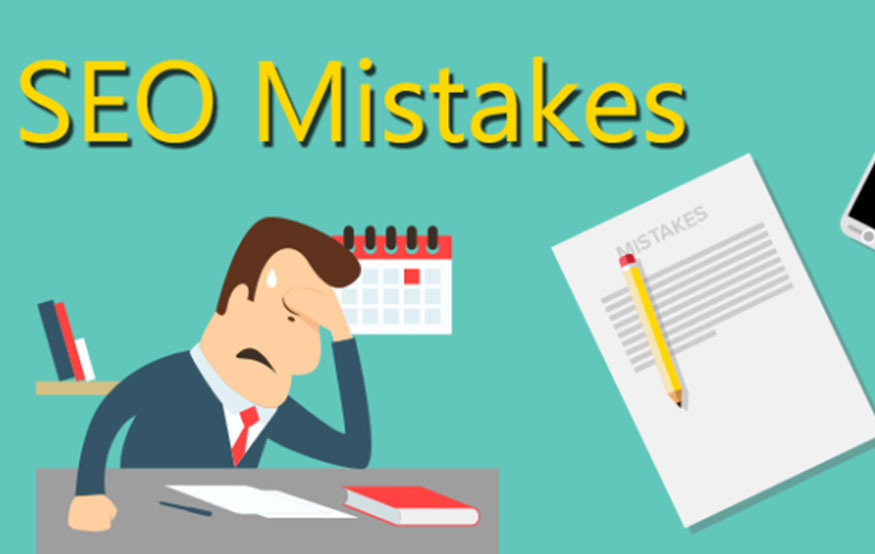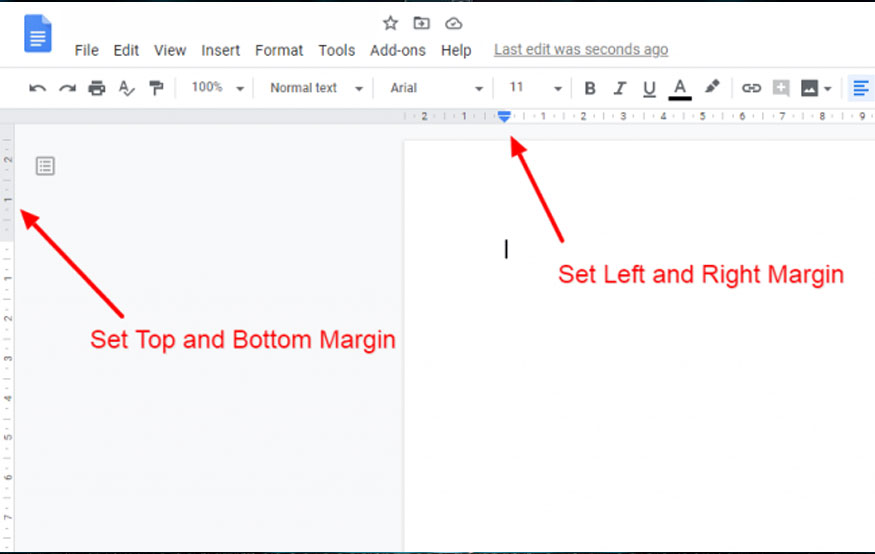Understanding SEO
Definition of SEO
So, let’s start by demystifying what Search Engine Optimization (SEO) really is. At its core, SEO is like dressing your website for success. When you enhance your online content to rank higher in search engine results, you’re essentially making it more appealing to both users and search engines. The ultimate aim? To increase your website’s visibility and attract more traffic. Think of it as setting the stage for your business to shine.
Importance of SEO
Why bother with SEO at all? Well, effective SEO can unlock a treasure trove of advantages:
- Higher-quality and increased traffic: More eyes on your website means more potential customers.
- Enhanced brand awareness and visibility: Let’s be honest, who doesn’t want to be a household name?
- Trust and legitimacy: Better search rankings create a sense of credibility that’s hard to replicate.
- Opportunities for engagement and lead generation: SEO isn’t just about traffic; it’s about conversions.
- Insights into content performance: Want to know what works and what doesn’t? SEO can guide you.

In short, investing in SEO is like planting seeds that will grow into a flourishing garden of business opportunities.
DIY SEO: It’s More Attainable Than You Think
You might be asking yourself, “Can I really do SEO on my own?” Absolutely! You don’t need a tech degree to implement effective strategies. With a little guidance and following best practices, anyone can make strides in SEO. It’s like learning to ride a bike; it might be challenging at first, but once you get the hang of it, it’s smooth sailing!
Eight Essential Steps to Start SEO

Alright, let’s roll up our sleeves and tackle the eight essential steps that will kickstart your SEO journey:
1. Conduct Keyword Research
This is where it all begins. Understanding what users search for is crucial. Tools like Google Keyword Planner or Ubersuggest can show you the popular keywords in your niche. By aligning those keywords with your content, you’re creating a direct link between what users want and what you offer.
2. Assign Keywords to Content
Once you’ve done your research, it’s important to assign 2-3 relevant keywords to each piece of content. This keeps your writing focused and helps prevent “keyword cannibalization,” which is just a fancy term for competing with yourself.
3. Develop On-Page SEO
Hey, remember your website’s metadata, such as title tags and meta descriptions? Neglecting them is like forgetting to put on pants before heading out! Optimize these elements, make sure they are keyword-rich, and integrate them smoothly into your content.
4. Create Compelling Content
Now comes the fun part! Crafting engaging content is vital. As you write, make sure to naturally incorporate your keywords. Think of it as introducing a friend; you wouldn’t force the relationship. Let the keywords flow genuinely within your narrative.
5. Utilize Internal Links
Imagine your website as a spider web. Each internal link strengthens your site’s structure and makes it easier for visitors to find related content. This boosts navigation and encourages users to explore more pages. It’s all about guiding your audience through your virtual space.
6. Implement Off-Page SEO
Don’t just limit your efforts to on-page tactics; venture out! Focus on obtaining backlinks from reputable sites. This is like gaining a stamp of approval. The more respected sites link to you, the more credible you become in the eyes of search engines.
7. Monitor and Maintain SEO Performance
Use tools like Google Analytics and SEMrush to keep an eye on how your SEO efforts are performing. It’s like having a fitness tracker for your website. If your strategies aren’t yielding results, don’t be afraid to tweak them. Stay adaptable!

8. Stay Updated on Trends
The digital landscape is ever-evolving. What worked yesterday might not work today. Keep yourself informed on SEO trends and algorithm changes. This helps you adapt and refine your strategies continually.
Common SEO Mistakes to Avoid
Before you get lost in the details, let’s discuss some common pitfalls you should steer clear of:
- Keyword stuffing: Overloading your content with keywords can hurt you more than help.
- Using bad links: Broken links? No thanks! They harm credibility.
- Offering duplicate content: Search engines don’t appreciate copycats.
- Plagiarism: Always create original content; it’s the gold standard.
- Purchasing links: This is a dangerous gamble that can backfire.
Measuring SEO Success
So, how do you know if your efforts are paying off? Here are a few key performance indicators (KPIs) you should focus on:
- Search traffic: Observe fluctuations in visitor numbers.
- Keyword positioning: Monitor where your targeted keywords rank over time.
- Conversion tracking: Are users taking desired actions on your site?
- Link-building metrics: Have your backlinks increased or improved in quality?
Getting Started with SEO

Getting started can feel overwhelming, but break it down into smaller steps. Begin with keyword analysis, focus on content creation, and ensure your website’s usability is spot on. Remember, SEO isn’t a sprint; it’s a marathon. Significant improvements will come with time and consistency.
Conclusion
In conclusion, understanding and implementing SEO strategies can significantly enhance your website’s visibility, credibility, and organic traffic, effectively contributing to your business growth. Don’t hesitate to embark on your DIY SEO journey; the benefits await you!
FAQs
1. How long does it take to see results from SEO?
Typically, you can expect to see changes in traffic within three to six months, depending on your efforts.
2. Is SEO a one-time task?
Not at all! SEO is an ongoing process. Continuous optimization and monitoring are crucial for long-term success.
3. Do I need to hire a professional for SEO?
While professionals can help, many techniques are manageable on your own, especially with some research and dedication.
4. What are the best tools to analyze SEO?
Google Analytics, SEMrush, Ahrefs, and Moz are fantastic resources for tracking your SEO performance.
5. Can social media impact my SEO?
Absolutely! While social media signals don’t directly impact rankings, they can drive traffic and increase visibility, benefiting your overall SEO strategy.









